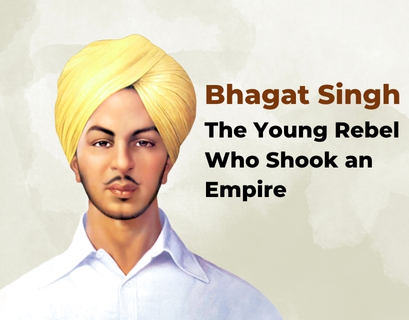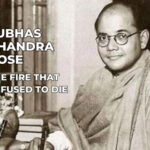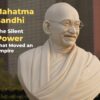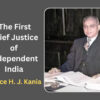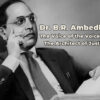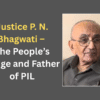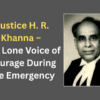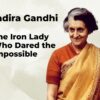Some heroes become legends after a lifetime of service. But Bhagat Singh became immortal before he turned 24.
He wasn’t born in a palace. He wasn’t backed by armies.
All he had was a burning mind, a brave heart, and a bullet of truth.
To the British, he was a “terrorist.”
To his people, he was a revolutionary, a martyr, a symbol of fearless patriotism.
His story isn’t just about death. It’s about courage that shook an empire — and love so deep for the motherland that he laughed on the way to the gallows.
A Revolutionary From Birth
Bhagat Singh was born on 28th September 1907 in Banga, Punjab, into a Sikh family of freedom fighters. On the day of his birth, his father and uncles were being released from jail for fighting British rule.
Patriotism ran in his blood. Even as a child, he would say —
“I will grow guns and make the British leave India!”
When he saw Jallianwala Bagh, where hundreds of peaceful Indians were massacred by British soldiers in 1919, something changed in him forever. He touched the blood-soaked earth and whispered to it,
“I will take revenge.”
The Fire of Youth
At an age when others played games, Bhagat Singh read books — on revolution, freedom, philosophy, and socialism. He studied Marx, Lenin, Tolstoy, and Gandhi, but he walked his own path.
He believed that freedom must be snatched, not begged for.
He joined the Hindustan Socialist Republican Association (HSRA) and became a full-time revolutionary. He gave up everything — family, name,
religion — even cut his hair and shaved his beard, breaking Sikh tradition, to go underground.
Why He Chose Violence
Bhagat Singh believed that the British wouldn’t leave India with petitions and prayers. He felt that the masses needed a wake-up call — something bold, something loud.
So in 1928, when British officer J.P. Saunders brutally beat Lala Lajpat Rai, leading to his death, Bhagat Singh and his comrades decided to act.
They shot Saunders — not out of hate, but to deliver justice. They didn’t run. They left behind a note:
“We are sorry for shedding human blood… but it was necessary to arouse the nation.”
The Parliament Bombing: A Shout, Not a Slaughter
On 8th April 1929, Bhagat Singh and Batukeshwar Dutt threw non-lethal bombs in the Central Legislative Assembly in Delhi — on purpose.
Their goal was not to kill, but to “make the deaf hear.”
They shouted:
“Inquilab Zindabad!” (“Long live the revolution!”)
And then surrendered — knowing full well what awaited them.
In jail, they refused to beg, demanded equal treatment for Indian prisoners, and went on a historic hunger strike for 116 days.
They were not scared. They were ready.
The Martyrdom That Woke a Nation
Bhagat Singh, along with Rajguru and Sukhdev, was sentenced to death.
On 23rd March 1931, at just 23 years old, he kissed the noose, shouted “Inquilab Zindabad,” and walked to his execution with a smile.
The British hanged him secretly at night, fearing public uproar. But they couldn’t silence his voice.
They only made him immortal.
His death sent shockwaves across India. Millions wept. Lakhs took to the streets. He had done what no one else could — he awakened a sleeping nation.
His Ideas: More Than Just Guns
Though known for his daring actions, Bhagat Singh was a deep thinker. He dreamed of an India:
- Without caste and religious divisions
- Where workers and farmers had dignity
- Where youth questioned blind tradition
- Where education opened minds, not chained them
He wasn’t just a revolutionary with bombs — he was a writer, a philosopher, a visionary.
In his own words:
“They may kill me, but they cannot kill my ideas. They can crush my body, but they will not be able to crush my spirit.”
Conclusion
Bhagat Singh didn’t live a long life — he lived a meaningful one.
He turned his youth into a weapon. He turned death into a message. He turned silence into revolution.
Even today, when an Indian feels brave, bold, and righteous, somewhere deep inside echoes the voice of that 23-year-old martyr:
“Inquilab Zindabad!” “Long live the revolution!”
He didn’t ask to be remembered.
He asked us to continue the fight — against injustice, ignorance, and fear. And as long as India breathes, Bhagat Singh will never die.

